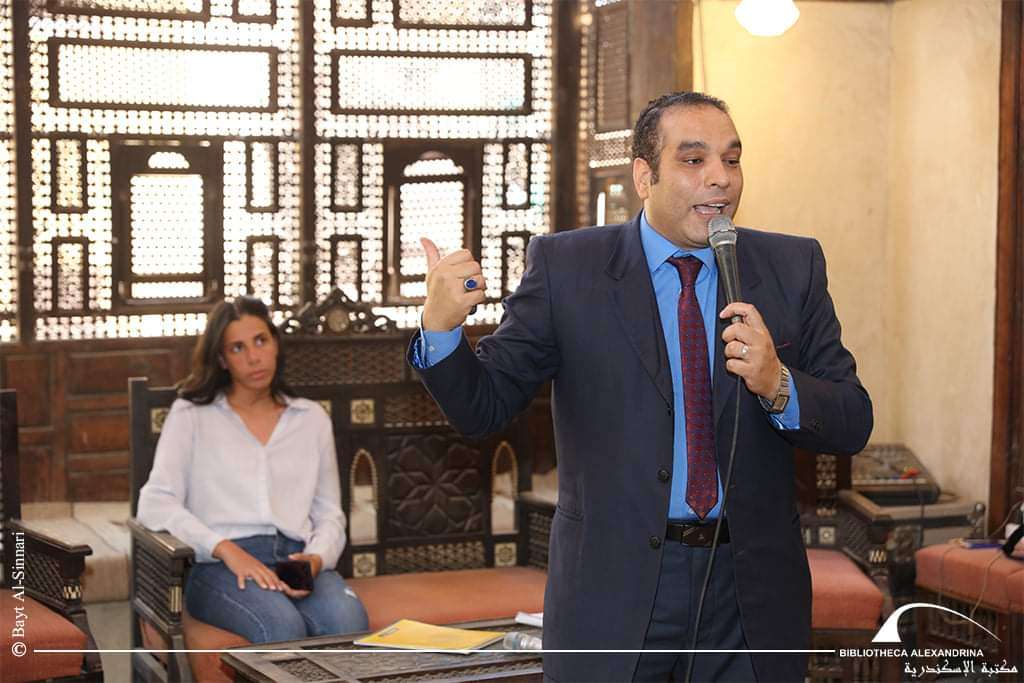The ancient Egyptian civilization was considered the first to recognize the roles of women.
The nickname of the woman in the ancient Egyptian language was Nib Bar (house wife) and Marti (the beloved).
Dr. Mahmoud Elmohamady, an Egyptologist, said the ancient Egyptian searched for the good features that distinguished the Egyptian woman and embodies her in Egyptian deities.
In ancient Egypt, Nib Bar, represented the symbol of giving and the deity, Tefnut, was responsible for preparing food in the ancient Egyptian creed.
The deity “Isis” exemplified sincerity and faithful of the Egyptian woman. She was still faithful to her husband so she was keen to raise her son to grow up to govern Egypt another time.
The Egyptian creed recognized the role on woman and places her on the level of goddesses in contrary to the neighboring civilizations that derated women and deprive them of their rights.
The Egyptian woman had rights and duties like the man. She worked as pastoress in prehistory times and was adroit in agriculture beside her husband.
The ancient woman had a big role in trade as the Egyptian woman was the first businesswoman in history due to her cleverness in trade.
History shows that the first-known judge was Queen Nibt, mother-in-law of King Pepi Iof the Sixth Dynasty in the ancient Kingdom.
The first female-doctor was Peseshet , who lived about the end of the Fifth Dynasty.
Also, history narrates that the first woman who managed estates of princes was Tesh’a of the Twelfth Dynasty.
Regarding the woman’s role in the ancient Egyptian army, Queen Teti Sheri, Queen Ahhotep I, and Queen Ahmose-Nefertari played more role during the struggle against Hyksos.
Among the most important queens of Egypt was Queen Merneith, mother of King Dan of the First Dynasty, Queen Nitocris of the Sixth Dynasty, and Queen Sobekneferu of the Eleventh Dynasty along with Queen Hatshepsut.
The Egyptian woman had rights and duties as well as the man. She worked in trade and industry and assumed offices. She worked as judge, doctor and queen of Egypt.
She supported her beloved husband who was her love and life. This blends with the saying: "Behind every great man is a great woman."
Ptahhotep used to say: Supply your wife with food and clothing and her preferred perfume because she is your fertile land. If you sow evil you will harvest evil and if you sow love, you will harvest love, well, and happiness.
Translated by Ahmed Moamar



















